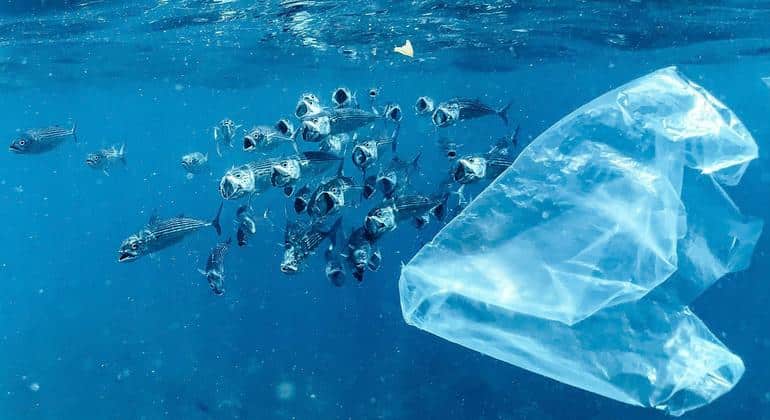Certainly! Here’s the translation into American English:
—
Away from the media frenzy surrounding the Third United Nations Conference on the Oceans held in Nice, political leaders have expressed their firm intention to finalize a global treaty that will regulate the entire life cycle of plastics for the first time. Jyoti Mathur-Filipp, in charge of the negotiations, highlighted a “renewed commitment” to conclude the treaty by August, emphasizing the urgency of addressing this issue.
The meeting, led by Inger Andersen, Executive Director of the United Nations Environment Programme, marked a milestone in a process that began two years ago. With the final negotiation session scheduled from August 5 to 14 in Geneva, there is increasing pressure to produce a legally binding text that covers everything from the production to the disposal of plastics.
Plastic waste has permeated nearly every ecosystem, even entering the human body in the form of microplastics. If swift action is not taken, it is projected that by 2040, 37 million tons of plastic will be dumped into the ocean each year. Mathur-Filipp warned that “we are choking on plastic,” stressing the need to protect ecosystems.
Moreover, the economic situation is alarming. It is estimated that between 2016 and 2040, the cumulative cost of damages from plastic pollution could reach $281 trillion, affecting sectors such as tourism, beach cleaning, and fishing.
The negotiation process began in 2022, driven by the United Nations Environment Assembly, advancing rapidly with five sessions in less than two years. The most recent meeting in Busan, South Korea, resulted in significant progress with the drafting of a preliminary text, proposing both mandatory provisions and voluntary approaches.
Although plastic pollution is a global challenge, its impacts are not felt equally. Small island developing states, which are not the main contributors to this problem, face disproportionately severe consequences.
With the world’s eyes on Geneva, August will be a crucial month to determine whether the international community is willing to take effective action against plastic pollution or if it will once again choose to postpone action.
Source: MiMub in Spanish











